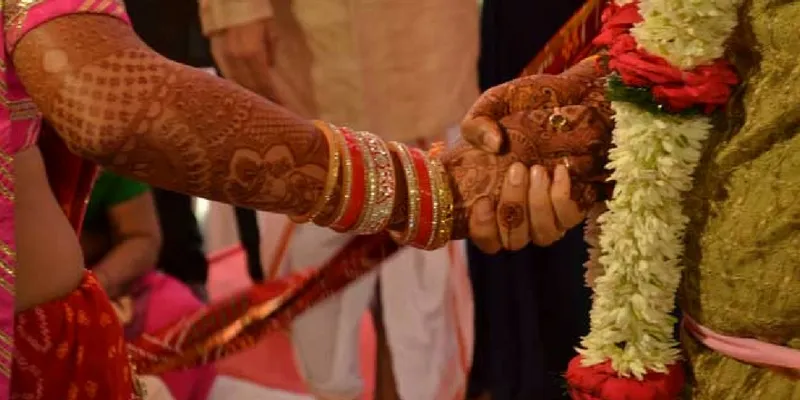Northeast India sets an example by steering clear of dowry system
The dowry system is a social evil that still plagues India. The practice, which started voluntarily with the bride’s parents giving her property or money when she left for her husband’s home, soon turned into societal pressure most found hard to escape. This practice gave birth to many other social evils such as female foeticide, domestic violence, dowry deaths, and so on. While our society still drowns in the depths of this social evil, it comes as a pleasant surprise that the entire Northeast is almost free of dowry.

Despite many talking of the country’s progress, women are not treated as much more than commodities even today. However, dowry has never been a part of the culture of any of the seven Northeastern states. This region has always been proud of its egalitarian beliefs and has always steered clear of social evils.
Women in this region are treated equally and are given equal status and respect. Here, females are independent and have equal opportunities and choices. They are not considered inferior to males.
The previous season of Amir Khan’s Satyamev Jayate highlighted the absence of the dowry system in Northeast India. In contrast to this practice, the brides in this region are showered with gifts from the family of the groom. Also, the bride and her family are treated with immense respect and honour.
In many Northeast Indian provinces, the bride’s family does give some property as well as other requirements as per their own capability, for the purpose of a new beginning. However, this is not the same as dowry as it is given to the daughter and not to the groom or his family. Known as 'stridhan', this custom, though different from dowry, should be practised carefully to avoid it being a social practice in future.
While talking about the system’s non-existence in this region, a programme executive at Ananta Aspen Centre, Kaustav Padmapati, attributed it mainly to the matriarchal society existing in many parts there. He said,
I will say it’s mainly because the tribal societies are matriarchal, and gender equality stems from this. You can say that in Mizoram, Nagaland, and Meghalaya, there is hardly any concept of dowry system.
Northeast India, with its complete absence of dowry deaths and maximum tolerance towards women, sets an example for states suffering from this social evil.
Do you have an interesting story to share? Please write to us at tci@yourstory.com. To stay updated with more positive news, please connect with us on Facebook and Twitter.







